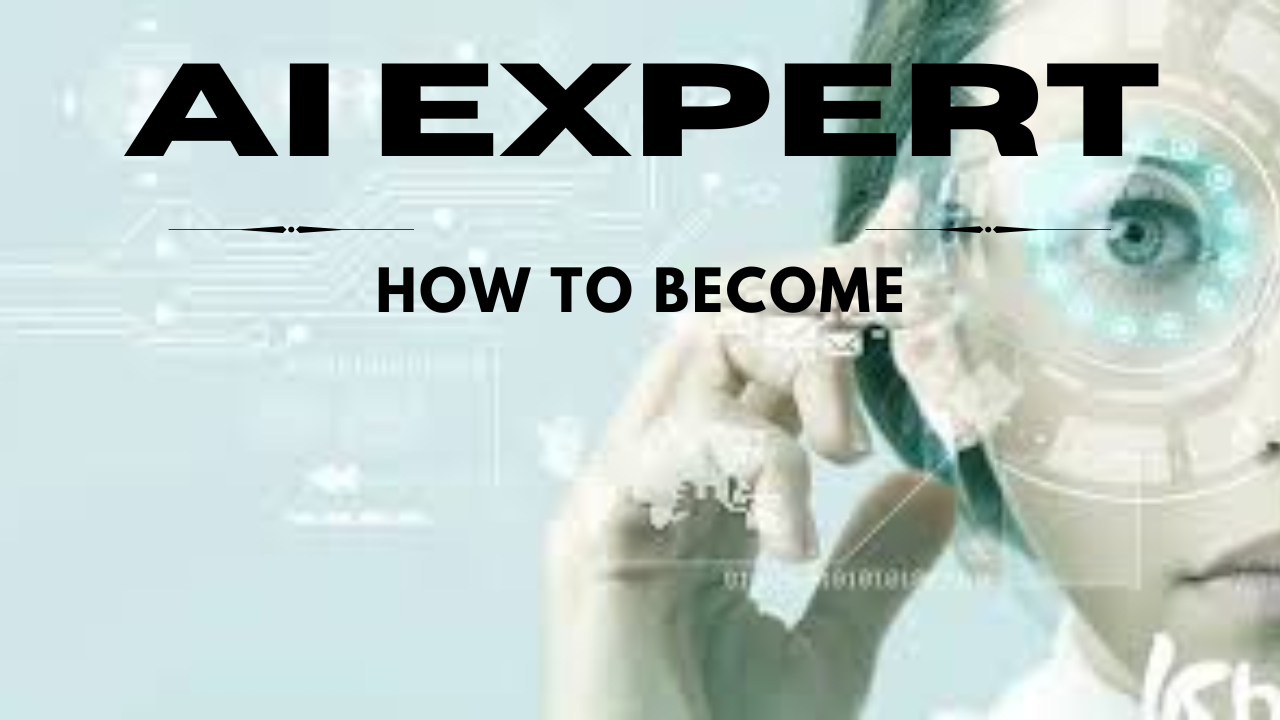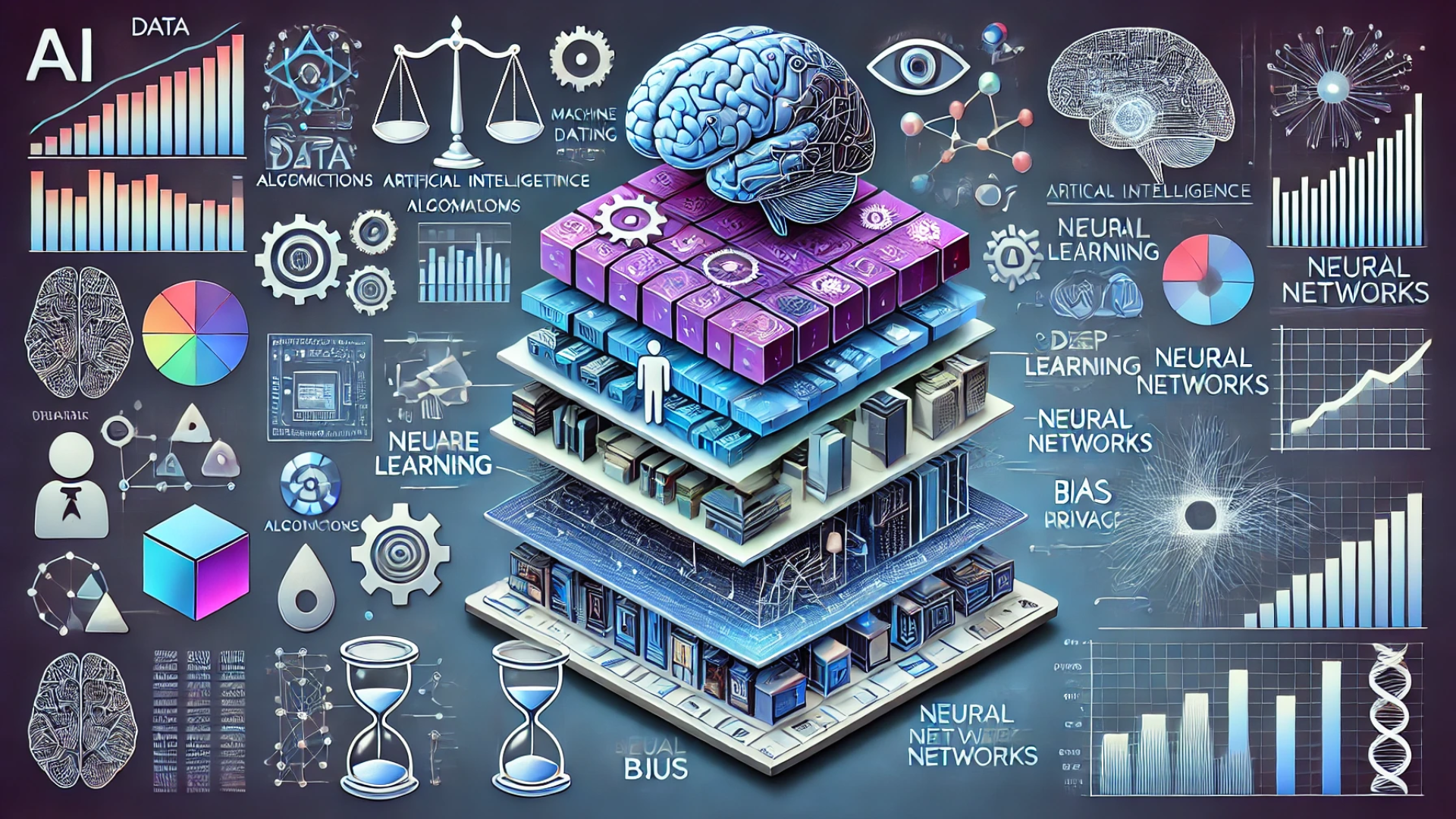
Artificial Intelligence (AI) is transforming our world at a rapid pace. From smart assistants like Siri and Alexa to self-driving cars, AI is behind many of the technological advances we see today. But what does it take to become an AI expert? Let’s dive into the essential skills you need to master this exciting field.
1. Programming Skills
At the heart of AI is programming. You need to be proficient in languages such as Python, R, and Java. Python is particularly popular due to its simplicity and the vast number of AI libraries available, like TensorFlow and PyTorch. Here’s what you should focus on:
- Python: Easy to learn and widely used in AI for its powerful libraries.
- R: Great for statistics and data analysis.
- Java: Used in large-scale systems and known for its performance.
2. Mathematics and Statistics
AI relies heavily on math, especially linear algebra, calculus, and probability. Understanding these concepts helps you develop and refine algorithms. Key areas include:
- Linear Algebra: Essential for understanding how AI algorithms work.
- Calculus: Important for optimizing algorithms.
- Probability and Statistics: Used for making predictions and analyzing data.
3. Data Analysis and Processing
Data is the fuel for AI. You need to be skilled in collecting, cleaning, and processing data. Tools and techniques to master include:
- Pandas: A Python library for data manipulation.
- NumPy: Useful for numerical computations.
- Data Cleaning: The process of fixing or removing incorrect, corrupted, or incomplete data.
4. Machine Learning
Machine learning is a subset of AI focused on building systems that learn from data. Key concepts and tools include:
- Supervised Learning: Algorithms that learn from labeled data.
- Unsupervised Learning: Algorithms that find patterns in unlabeled data.
- Deep Learning: A type of machine learning involving neural networks with many layers.
5. Natural Language Processing (NLP)
NLP enables machines to understand and respond to human language. This skill is crucial for developing chatbots, language translation services, and more. Focus on:
- Text Analysis: Understanding and processing human language.
- Sentiment Analysis: Determining the emotional tone behind words.
- Language Generation: Creating text that reads like it was written by a human.
6. Problem-Solving Skills
AI experts need to tackle complex problems and find efficient solutions. This involves critical thinking and the ability to approach problems from different angles.
- Analytical Thinking: Breaking down complex problems into manageable parts.
- Creative Thinking: Coming up with innovative solutions.
- Debugging: Identifying and fixing issues in code and algorithms.
7. Communication Skills
You must be able to explain complex AI concepts to non-experts. Good communication skills are essential for collaboration and sharing your findings with a broader audience.
- Technical Writing: Documenting your work clearly and concisely.
- Presentations: Effectively communicating your ideas and findings.
- Collaboration: Working well in teams with diverse skill sets.
8. Domain Knowledge
Understanding the specific field where you apply AI is crucial. Whether it’s healthcare, finance, or automotive, domain knowledge helps you design better AI solutions tailored to that field.
- Healthcare: Applying AI to improve patient care.
- Finance: Using AI for fraud detection and investment strategies.
- Automotive: Enhancing vehicle safety and developing autonomous cars.
9. Ethics and Bias Awareness
AI can have significant societal impacts, so it’s important to be aware of ethical considerations and potential biases in AI systems.
- Fairness: Ensuring AI decisions are unbiased and equitable.
- Transparency: Making AI processes understandable and accountable.
- Privacy: Protecting individuals’ data and privacy rights.
10. Continuous Learning
The field of AI is constantly evolving. Staying updated with the latest research, tools, and techniques is essential.
- Online Courses: Platforms like Coursera and edX offer AI courses.
- Research Papers: Reading the latest AI research to stay informed.
- Conferences and Workshops: Attending events to network and learn from experts.
The Truth About ChatGPT vs. Gemini need to know
FAQs
Q1: What’s the most important programming language for AI? A1: Python is the most popular due to its simplicity and extensive libraries.
Q2: Do I need a degree to become an AI expert? A2: While a degree can be beneficial, many AI experts are self-taught through online courses and practical experience.
Q3: How do I start learning AI? A3: Begin with programming and basic math, then move on to machine learning and AI-specific courses.
The Dark Side of AI: Why Deepfakes Pose a Serious Threat you need to know right now
Wrapping Up
Becoming an AI expert requires a diverse set of skills, from programming and math to problem-solving and communication. By focusing on these key areas, you can build a solid foundation and thrive in the dynamic field of artificial intelligence. Remember, continuous learning and staying updated with the latest trends are crucial in this ever-evolving domain.

